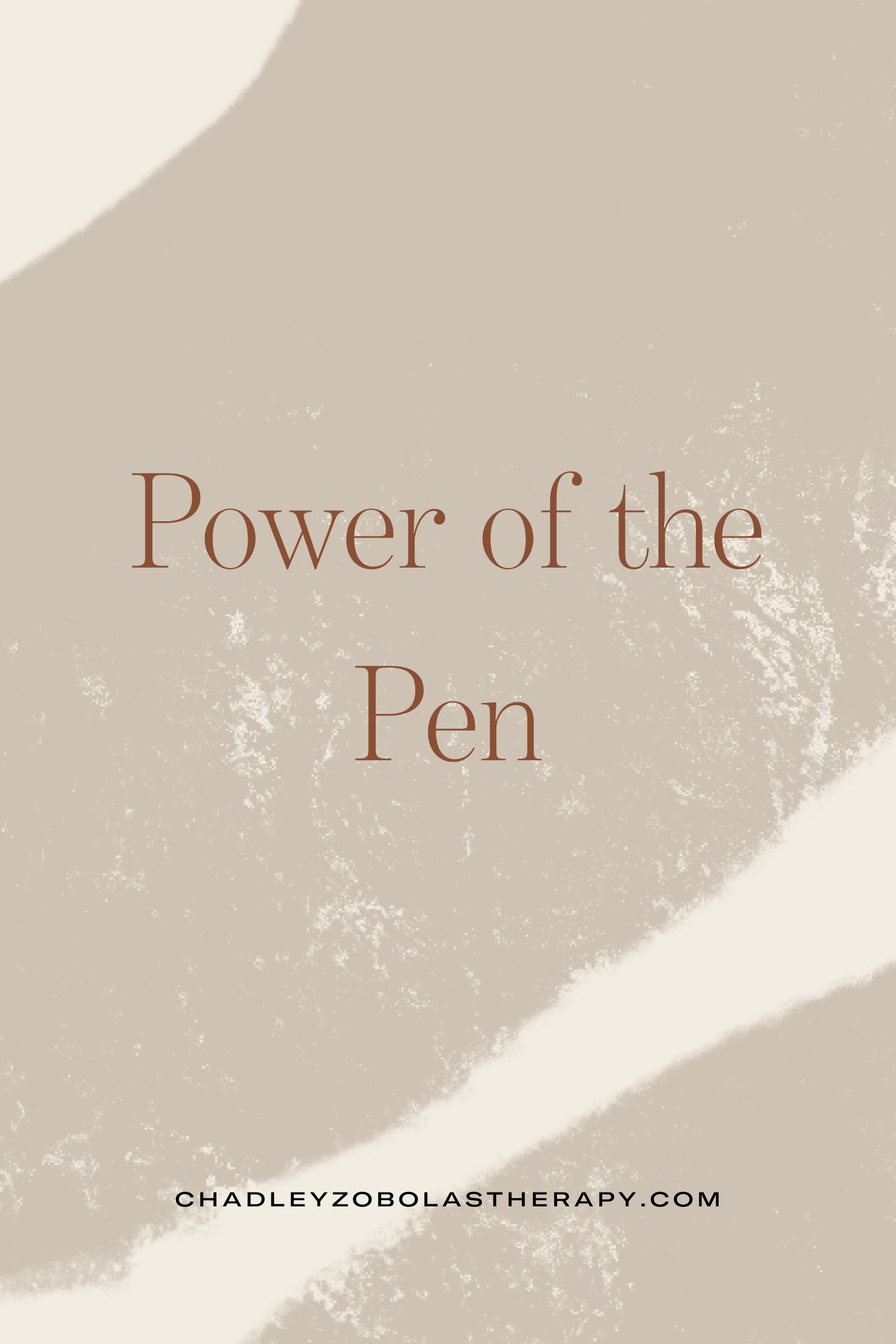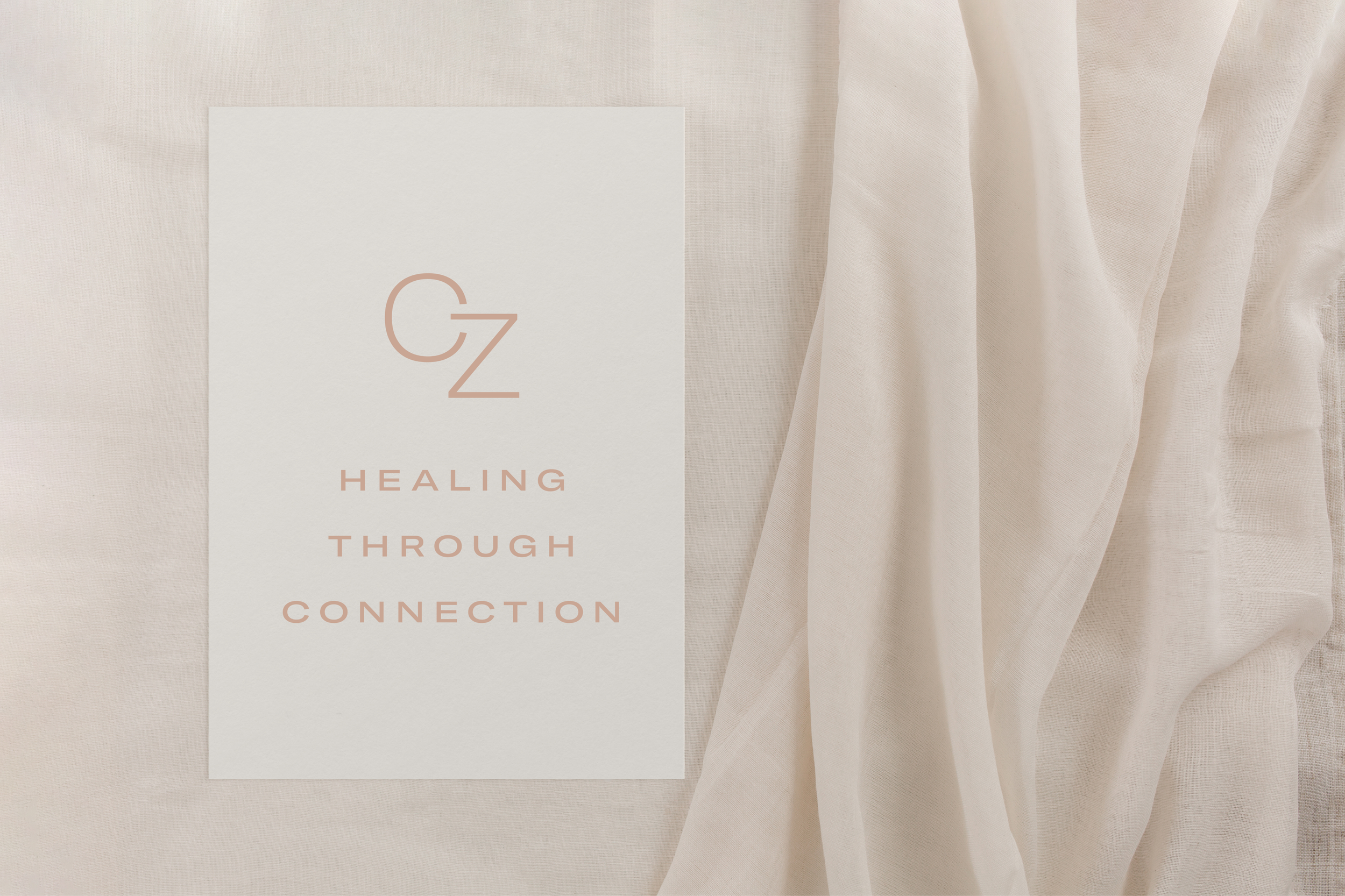Power of the Pen
By Jordan Kurtz, MA, LPCC, Trauma and Relationship Therapist
A good friend of mine once defined his pursuit in life as indulging in the art of conversation: dialogue that is rich, meaningful, deliberate, and introspective.
I find that one of the greatest privileges of being a therapist is being steeped in the art of conversation daily. While confidentiality protects the identities of the participants I converse with, I want to spotlight topics of conversation I have been engaging in lately to a larger forum to encourage a ripple effect of artful dialogue.
Whether you are inclined to use these questions as individual journal prompts or conversation starters with friends, family, or partners, I hope they catalyze togetherness, significance, and clarity.
Grief
What lessons did my loved one impart to me that I want to carry forward?
What decisions can I afford to delay while I allow my nervous system and heart to heal? What decisions feel necessary to address in the immediate?
How can I balance maintaining connection to my loved one while maintaining connection in my present life?
Am I allowing myself permission to feel a scope of emotions beyond sadness? If not, what emotions need acknowledgement and validation?
How have my views about the world, myself, or others shifted since the loss?
Intimacy/Relationships
Consider the greatest strengths and weaknesses of your partnership. Would your partner recognize the same? What does this discrepancy or alignment indicate about communication and shared understanding between you and your partner?
Reflect on core values within your relationship. What contexts and conditions promote these values and which “mute” or minimize these values?
How do you demonstrate desire to your partner? Does your partner understand your cues for intimacy? Do you understand theirs?
What boundaries currently exist in our relationship (i.e. with friends, with in-laws, topics of conversation, etc) and do they need revision of any kind?
Where do you carry the most weight in the relationship and where does your partner? How can you support one another’s loads?
Trauma
How is self-blame or assuming responsibility moving me towards healing?
How do I define “wholeness”? “Brokenness”? What have been my learning experiences for both and are they serving me now?
Trauma tells us we are alone and not understood. Who or what in your life enables you to feel fully seen?
What childhood/younger-you needs have not been voiced, respected, or affirmed that want to be voiced?
How does your resilience show up in your life? In what ways have you persevered, been successful, or deconstructed former beliefs that warrant recognition?
Self-Care/Burnout
Do any spaces for unconditional permission to complain, be tired, feel defeated etc exist in my life? If so, who or what and how do they promote acceptance? If not, how can I begin to carve out this space for myself?
What are my benchmarks for success? Do they allow room for self-congratulation as well as room for error?
What is my comfort level with asking for help? If barriers exist, become curious about why they exist and how can they softened.
How do you know when you are burnt out? Consider body shifts, thoughts patterns, emotional changes, etc.
How do you communicate burnout to others?
Meet The Writer
Jordan Kurtz (she/her) is a trauma and relationship therapist at CZTG who focuses on therapy for grief, trauma, adolescence, and couples. Jordan is authentic, warm, and affirming of her clients’ identities and experiences.
If you’d like to connect with Jordan to learn more about what it would be like to work together, feel free to reach out for a free consultation.



